Corinase Nasal Drops
MRP ₹78
(Inclusive of all Taxes)
₹11.7 Cashback (15%)
Provide Delivery Location
Online payment accepted
 Prescription drug
Prescription drugWhats That
Composition :
Manufacturer/Marketer :
Consume Type :
Return Policy :
About Corinase Nasal Drops
Corinase Nasal Drops belongs to a class of drugs called corticosteroids used to prevent and treat seasonal and perennial allergic rhinitis including hay fever and vasomotor (nonallergic) rhinitis. Rhinitis is inflammation of the lining of the nasal cavity. It can be allergic or non-allergic. Seasonal allergic rhinitis is commonly called hay fever that mainly occurs in the summer, spring or early fall.
Corinase Nasal Drops contains Beclometasone, a steroid that gets absorbed into the cells of the nasal lining and works by inhibiting these cells from releasing chemicals that trigger inflammatory and allergic reactions.
Use Corinase Nasal Drops as prescribed. You are advised to use Corinase Nasal Drops for as long as your doctor has prescribed it based on your medical condition. Some people may experience an unpleasant taste or smell, dry or sore throat, nasal dryness or nose bleed. Most of these side effects of Corinase Nasal Drops do not require medical attention and gradually resolve over time. However, if the side effects persist or worsen, please consult your doctor.
If you are allergic to Beclometasone or any other medicines, please tell your doctor. If you are pregnant or breastfeeding, it is advised to inform your doctor before taking Corinase Nasal Drops. Corinase Nasal Drops is not recommended for children below 6 years of age. You may need to carry a steroid emergency card if you have been prescribed high doses of Corinase Nasal Drops to control your symptoms.
Uses of Corinase Nasal Drops
Directions for Use
Key Benefits
Corinase Nasal Drops contains Beclometasone, a steroid used to prevent and treat seasonal and perennial allergic rhinitis including hay fever and vasomotor (nonallergic) rhinitis. It gets absorbed into the cells of the nasal lining and works by inhibiting these cells from releasing chemicals that trigger inflammatory and allergic reactions. Thus, it helps to relieve symptoms such as sneezing, runny or blocked nose and sinus discomfort. Also, it is used to prevent nasal polyps (painless, noncancerous growths on the lining of the nose) after nasal polyp removal surgery.
Storage
Drug Warnings
If you are allergic to Beclometasone or any other medicines, please tell your doctor. If you are pregnant or breastfeeding, it is advised to inform your doctor before taking Corinase Nasal Drops. Corinase Nasal Drops is not recommended for children below 6 years of age. You may need to carry a steroid emergency card, if you have been prescribed high doses of Corinase Nasal Drops to control your symptoms. Inform your doctor if you have had nose surgery, are taking or have recently taken other corticosteroid medicines.
Diet & Lifestyle Advise
- It is advised to avoid contact with known allergens (allergy-causing agents) such as pollen, dust, etc. Certain food items are known to cause allergies to you.
- Maintain personal hygiene and keep your surroundings clean.
- Staying hydrated is vital for those with a cough or cold. Drink liquids at room temperature to get relief from a runny nose, cough, and sneezing.
- The immune system is affected by stress and raises the risk of being sick. Do meditation, deep breathing, regular exercise and try progressive muscle relaxation techniques to relieve stress.
Side Effects of Corinase Nasal Drops
- Unpleasant taste or smell
- Dry or sore throat
- Nasal dryness
- Nose bleed
Habit Forming
Therapeutic Class
All Substitutes & Brand Comparisons
RX
Out of StockIntrans Nasal Drops 10 ml
Integers Medics
₹125
(₹12.5/ 1ml)
78% COSTLIER
Author Details
We provide you with authentic, trustworthy and relevant information
FAQs
Drug-Drug Interactions Checker List
- COBICISTAT
- RITONAVIR
- IBUPROFEN
- ASPIRIN
Disease/Condition Glossary
Rhinitis: It is inflammation of the lining of the nasal cavity. The symptoms include runny or stuffy nose, sneezing, itchy nose, cough, sore throat, watery eyes, itchy eyes, headache and slight loss of taste, smell or hearing. Rhinitis can be allergic or non-allergic.
Allergic rhinitis: It occurs when you breathe in an allergen which triggers an allergic reaction. It can be seasonal or perennial. Seasonal allergic rhinitis commonly called hay fever mostly occurs in the summer, spring or early fall. It is usually triggered by fungus spores in the air or pollen from specific plants such as trees, flowers, weeds, or grasses. Perennial allergic rhinitis affects you throughout the year and can be triggered by mould, cockroach or dust mite droppings, pet dander and saliva.
Nonallergic rhinitis: It may be triggered by infections such as cold viruses, foreign material in the nose, certain foods and odours, hormonal changes, stress, certain medications, weather changes, smoke, fumes and other air pollutants.

Have a query?
Alcohol
Safe if prescribed
Interaction of Corinase Nasal Drops with alcohol is unknown. If you have any concerns regarding this, please consult a doctor.
Pregnancy
Consult your doctor
If you are pregnant or planning for pregnancy, please inform your doctor before using Corinase Nasal Drops.
Breast Feeding
Consult your doctor
Please inform your doctor if you are a breastfeeding mother. Your doctor will weigh the benefits and any potential risks before prescribing this medicine to you.
Driving
Safe if prescribed
Corinase Nasal Drops usually does not affect your ability to drive or operate machinery.
Liver
Consult your doctor
If you have any concerns regarding the use of Corinase Nasal Drops in patients with liver problems, please consult a doctor.
Kidney
Consult your doctor
If you have any concerns regarding the use of Corinase Nasal Drops in patients with kidney problems, please consult a doctor.
Children
Safe if prescribed
Corinase Nasal Drops is not recommended for children below 6 years of age as there is insufficient data.







